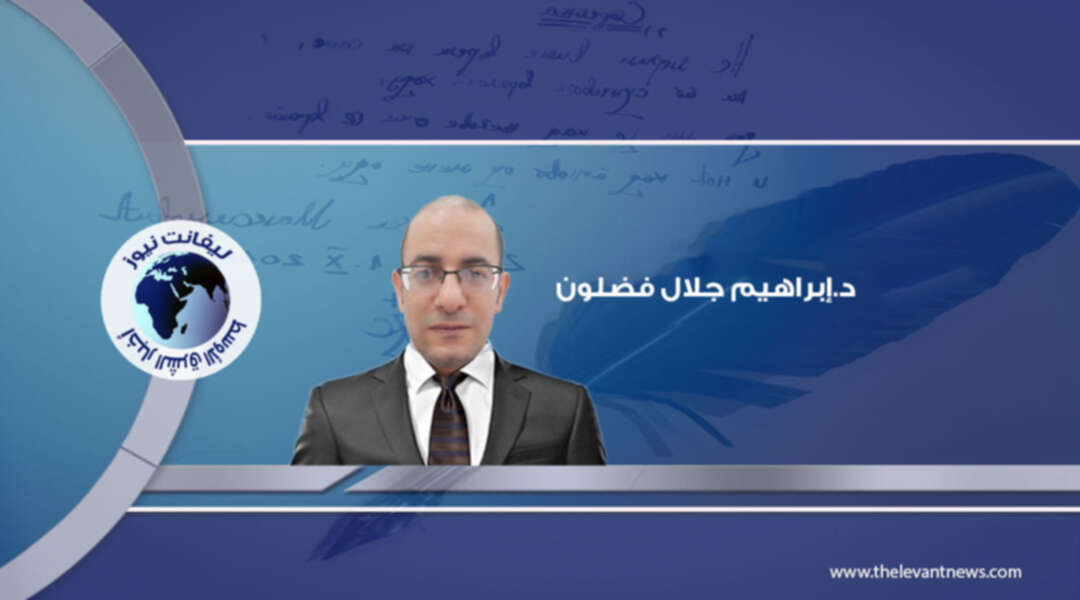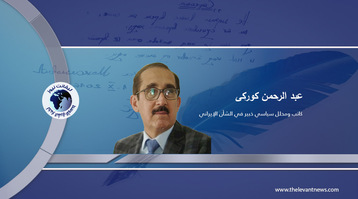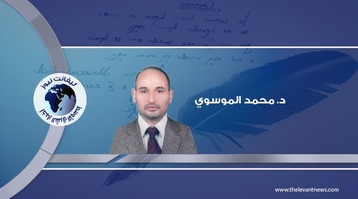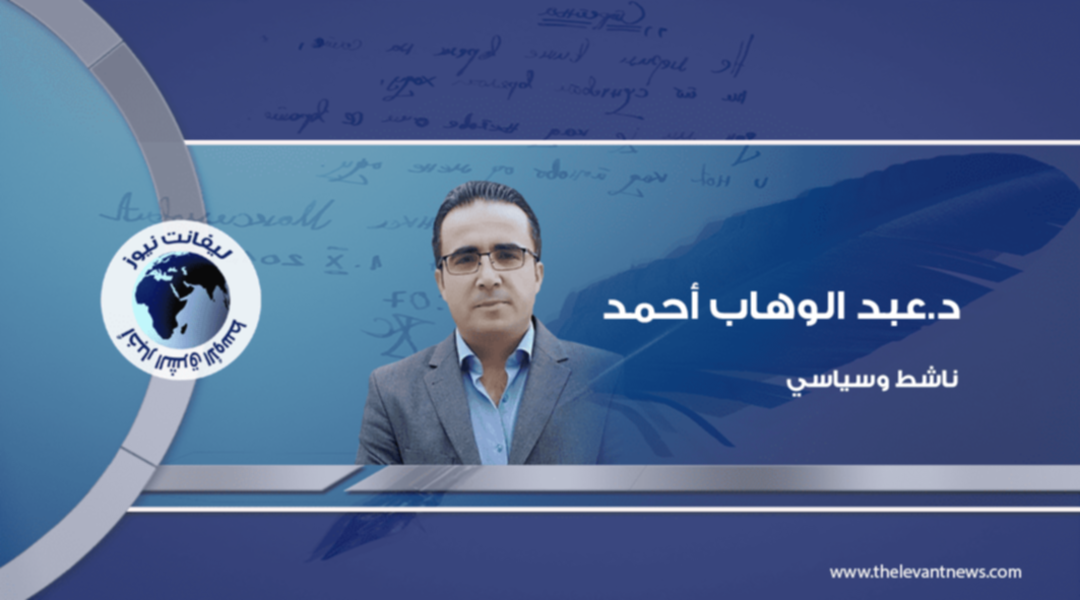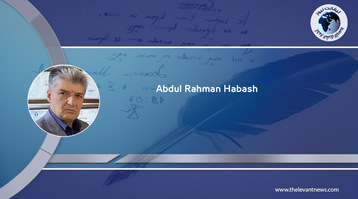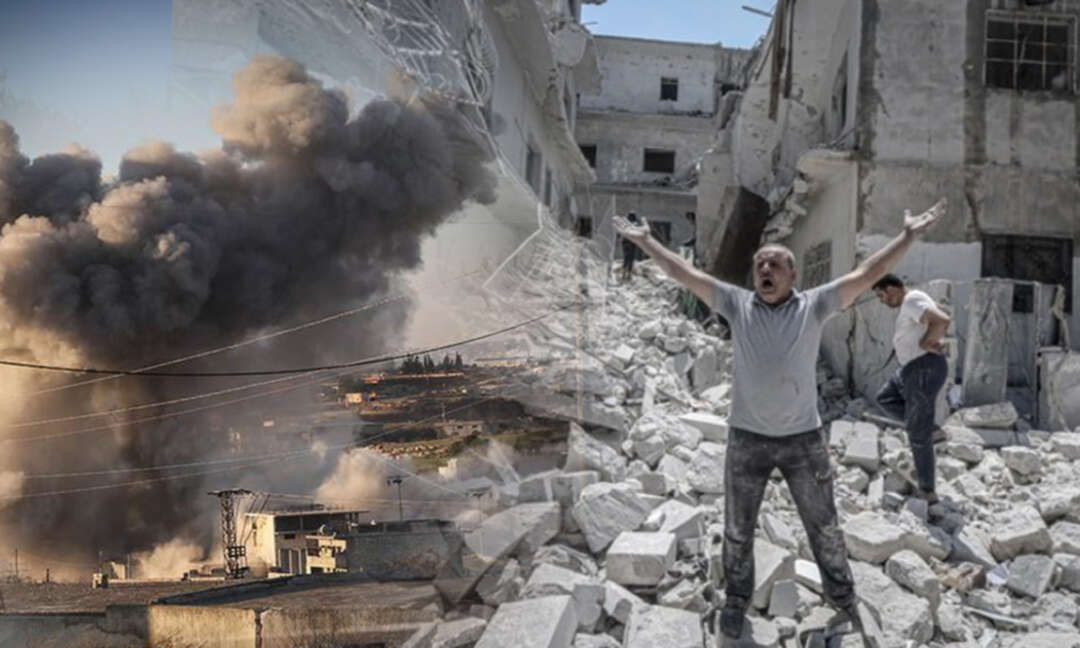-
The illusion of belief.. Changing belief between truth and military deception
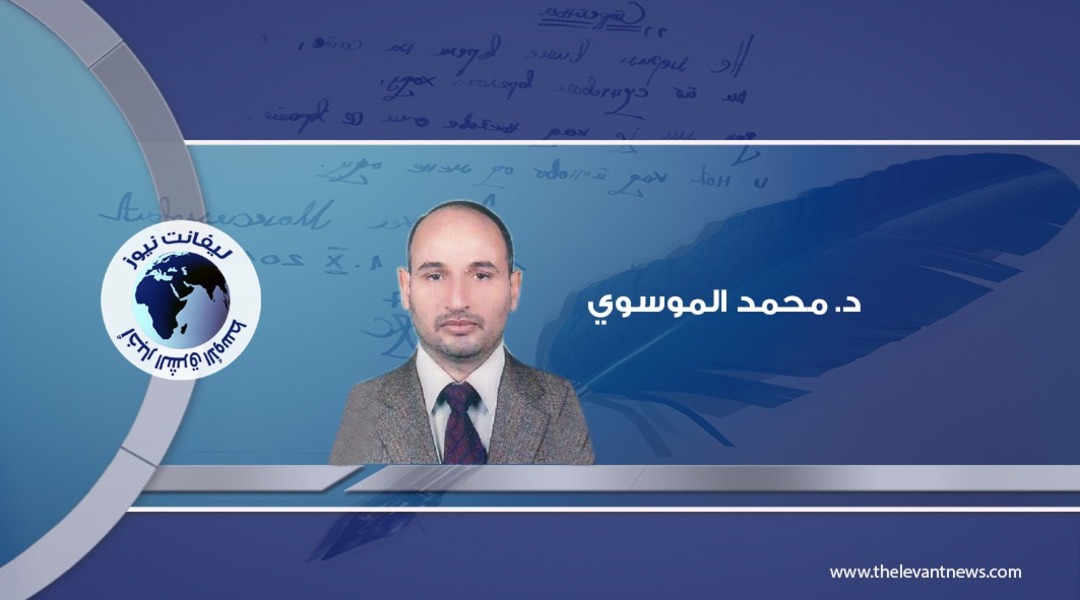
He is in a hurry regarding the new doctrine completely; to learn more about the nature of this system, its origins, and its soft internal policies, also to correctly categorize military nomenclature and its actual military status. Relying on the illusion of the doctrine propagated in Iran's Wilayat al-Faqih and its neighboring possessions may cause those with knowledge to decisively reject the term “doctrine” in relation to the complete entity or the intelligent and missile capabilities. For instance, the militia known as the "Revolutionary Forces" emerged and was formed in accordance with a promise that they would exploit their power.
In its beginnings, this power was meant to consolidate the regime and eliminate its opponents, consuming them in the process. According to Khomeini, the founder of the system, "Neither the Soviet Union nor America is our enemy; nor does the true enemy reside close to our ears," referring to his opponents and critics. So where is this doctrine that allows the killing of a person for their opinion in one context, while in another, it does not permit the possession of legitimate nuclear deterrence according to the strategies of working powers and conflicts? Ultimately, the philosophy of power in its early stages stemmed from an integrated doctrine that bears no relation to the reality of the doctrine itself. This power then progressed to expansion and dominance over Americans, leading to the belief that the regime's doctrine inhibits it from producing weapons—a task estimated at $30 billion to complete as of May 11, 2018, under Mahmoud Ahmadinejad, the then president. Meanwhile, Dr. Alireza Namvar states that the amount invested by the Canadian investor has reached $2 trillion.
Moreover, concealing expenses and hiding certain sites aligns poorly with the claim that the program will succeed under a religious doctrine granted by a fatwa, whether minor or major, within the regime itself. The announcement of the actual funding size will inevitably reveal the program's substance and the number of sites related to it, as well as the ongoing issues between the regime and the international system. Rafael Grossi, head of the International Atomic Energy Agency, announced over a month ago that Iran was unable to produce four nuclear bombs, meaning the regime became capable of producing more nuclear weapons and capabilities after its participation in a program announced with destructive capabilities directed at occupied Palestine. Rafael Grossi was not the only one to make this assertion; several months prior, former President Donald Trump stated that he was able to produce nuclear weapons within three weeks.
Thus, I can permit similar statements or emphasize the significance of this issue in relation to Grossi, who has merely proclaimed his stance while the world is aware of the arrival of a new member in the club—similar to what was done with Iraq, which possessed nothing but facilities and infrastructure that could be justified to turn into peaceful nuclear projects. They destroyed Iraq due to a superficial concrete structure while it retained a firm will in reality. The difference is that Iraq received support for the stability and revival of the region, while the regime has partly supported the disruption and ignition of the region, which the West constructs and fulfills according to its demands.
Another point that refutes the legitimacy of the military doctrine mentioned by Hassan Ali Amiri, a member of the regime's council, indicating that it must be rectified, is that these statements lack truth, accuracy, and logical reasoning. The Jaafari twelve-Imam Shiites adhere to constants in their doctrine, lacking the whims claimed by their rulers in Iran, who fail to implement within the framework of what they call the Islamic Republic. They have also failed to uphold social values in a society known for its conservatism, causing this revolution to represent all categories and classes and tendencies in protest.
It was not an Islamic revolution as it is often termed, but was overrun by the might of arms, violence, and the terror of prisons. Additionally, the current regime in Iran may reject its beginnings as it once did with prominent Iranian clerics such as Ayatollah Taleghani, known as Father Taleghani, and Ayatollah Montazeri, who was Khomeini's deputy and successor. They had legitimate rejections. Therefore, discussing the military doctrine without addressing this file or acknowledging the matter the regime wishes to market lacks legitimacy, especially following the events of the last two decades and the sacrifice of Lebanon, Iraq, Yemen, Gaza, as well as the leaders of Hamas and Hezbollah.
Thus, after what would require sacrifice, the radar system running political affairs in the office of the Supreme Leader Ali Khamenei, as reported by the Fars news agency, mentioned: "Changing certain policies can allow us to achieve strategic goals," arguing that reaching what he calls power centers across the country will influence equations during and after the war. This has been heavily politicized and is often expressed in reference to the doctrine that enjoys the backing of any influence due to its authority across the country; this authority and additional authorities are diminished in Iran when their time arrives. The Supreme Leader endorses
Dr. Mohammed Al-Moussawi
You May Also Like
Popular Posts
Caricature
Qatar Closes Hamas Office...
- November 11, 2024
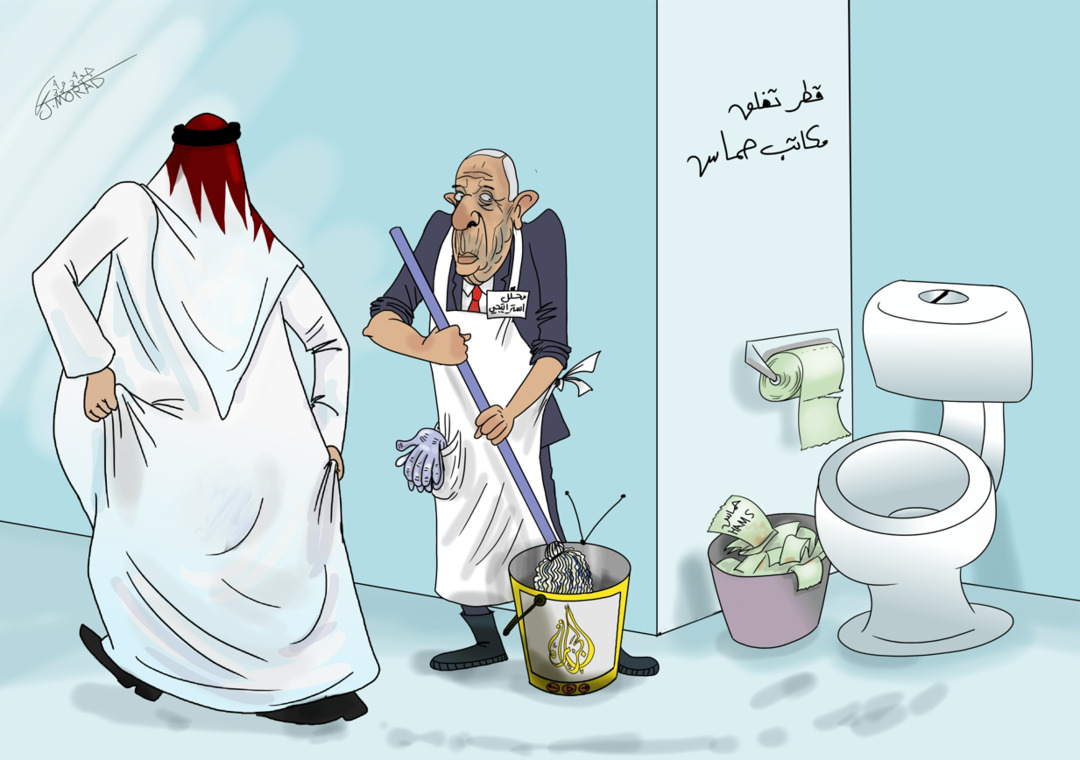
Qatar Closes Hamas Offices
opinion
Report
ads
Newsletter
Subscribe to our mailing list to get the new updates!

